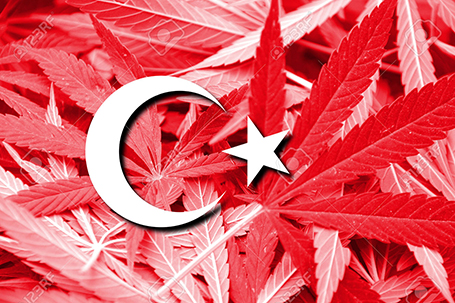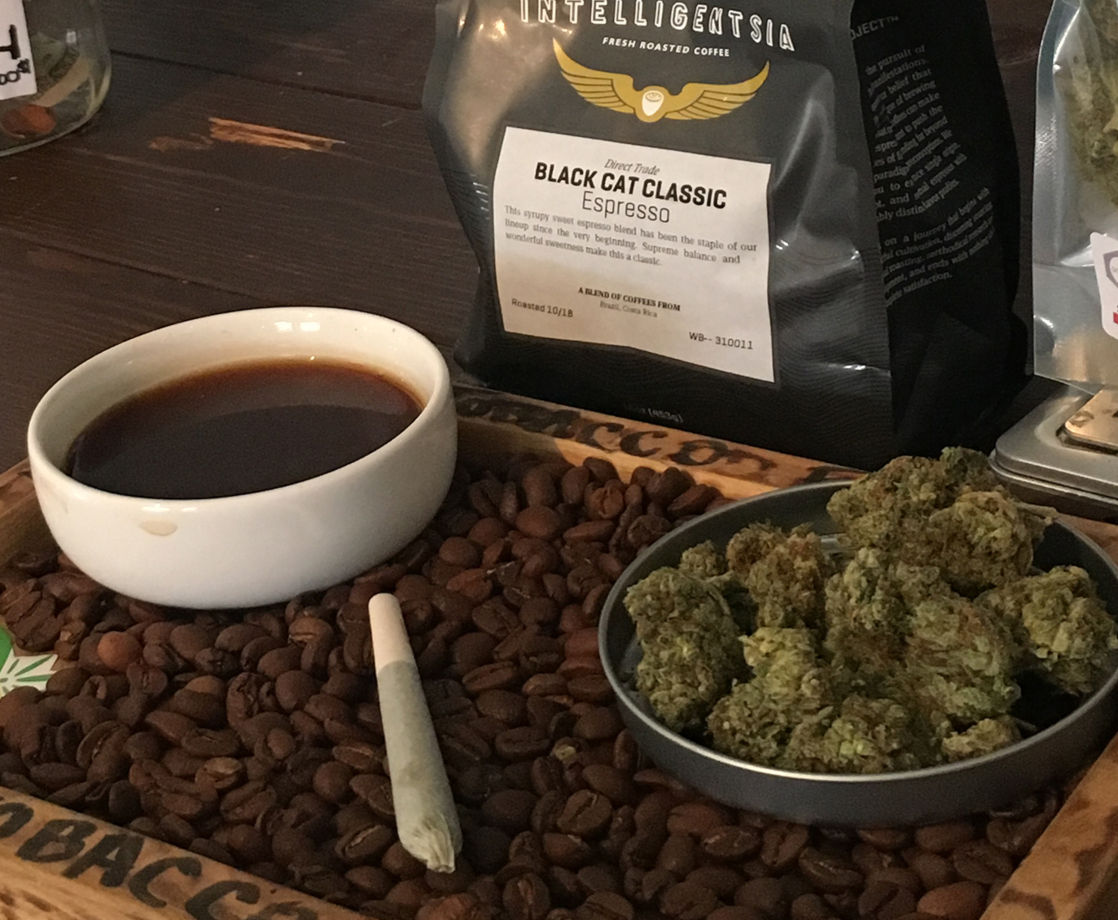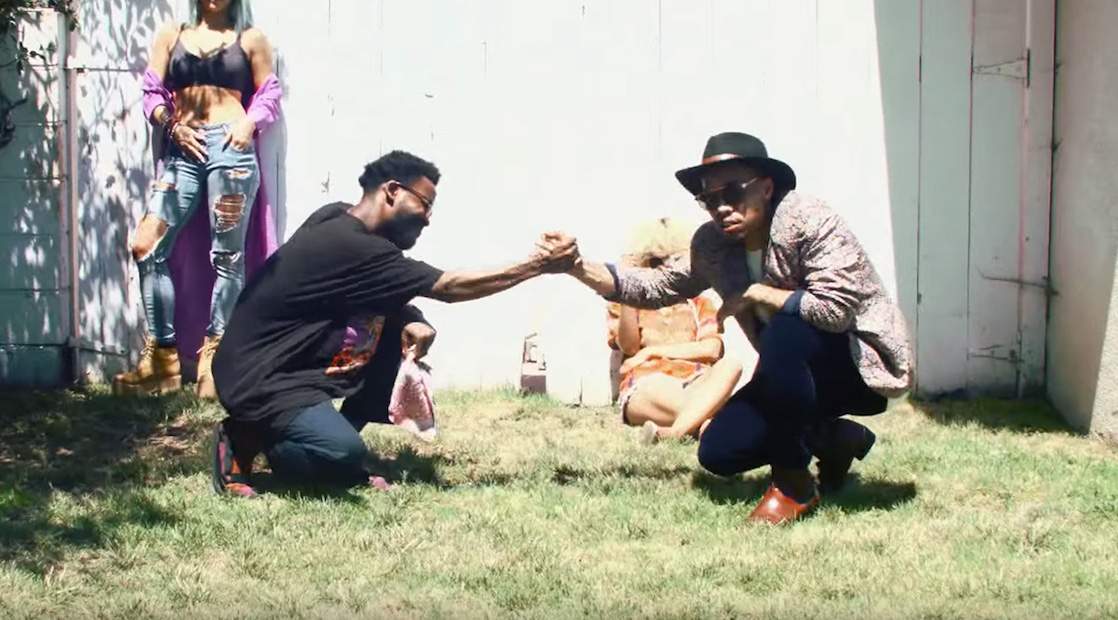An American, broken after five years of every kind of abuse in a Turkish jail, finally reaches the end of his sentence only to find out that his crime, smuggling hashish, has recently been made punishable by a further 30 years. By the time he gets out, he will be past middle-age. The need to escape coupled with the torture he endures daily slowly drive him crazy.
This scenario, from the 1978 film Midnight Express, doesn’t touch on the absolute worst that can happen to a cannabis user while traveling—countries like Singapore and Malaysia enthusiastically carry out death sentences for drug offenses— but it comes close. Turkey, a state founded after the dissolution of the centuries-old Ottoman Empire, can chalk up its attitudes toward cannabis to the inevitable clash of the modern state and the ancient traditions it usurped. A country with a rich history of both hemp cultivation and cannabis use, especially among the mystical Sufi islamic sect, as well as a thriving underground cannabis culture in cities like Istanbul and the capital city of Ankara, Turkey is nonetheless among the most hostile states toward cannabis use.
Though Turkey’s cannabis laws aren’t the most senseless in the world—after Briton Keith Brown was sentenced to four years in prison for a speck of resin stuck to the bottom of his shoe upon arrival in Dubai, the United Arab Emirates makes a strong case for that dubious honor—the Eurasian country’s relationship with cannabis is anything but smooth. As is made cringe-inducingly famous Midnight Express, Turkey falls firmly into the camp which equates cannabis to hard drugs like heroin and considers users to be dangerous criminals.
According to the office of the U.S. Ambassador in Ankara, “Penalties for violating Turkish laws, even unknowingly, can be severe. Penalties for possession, use, or trafficking in illegal drugs in Turkey are particularly strict, and convicted offenders should expect jail sentences with heavy fines.” And it’s not just growing, possessing or selling that can land you in hot water or a Turkish prison: According to Section #404 of the Turkish code cited by the embassy, “Whoever facilitates a person's use of drugs by providing a special place or in another way … shall be punished under items 5 and 6 of Article 403 [4-10 years of jail time] and imprisonment will be increased by one-sixth.”
To make matters worse for peaceful and otherwise law-abiding Turkish cannabis users, since war and chaos began to grip neighboring Syria five years ago Turkish authorities have cracked down on drug offenses, especially near the border. When 89 tons of hashish were seized in the southeastern province of Diyarbakir, the Turkish government was quick to play up a connection between hashish crossing the border into Turkey and the Kurdistan Workers Party (PKK), a separatist movement that now offers Turkey the perfect opportunity to re-politicize cannabis. It’s also important that Turkish drug law considers any group of two or more people involved in a transaction to be a criminal organization. And if you’re accused of forming such an organization, the penalty is 5-10 years of “heavy imprisonment.” One shudders at what “heavy” time might be like in a country where normal jail cells house as many as 50 people—often from rival gangs—and myriad abuses from beatings to strip searches are common. As border incidents continue to exacerbate the drug war in Turkey, it’s not difficult to imagine a couple of friends trying to pick up some hash in Diyarbakir province on a Friday and being locked up as criminal conspirators in league with Kurdish terrorists on Saturday.
But maybe that’s just Midnight Express talking.











